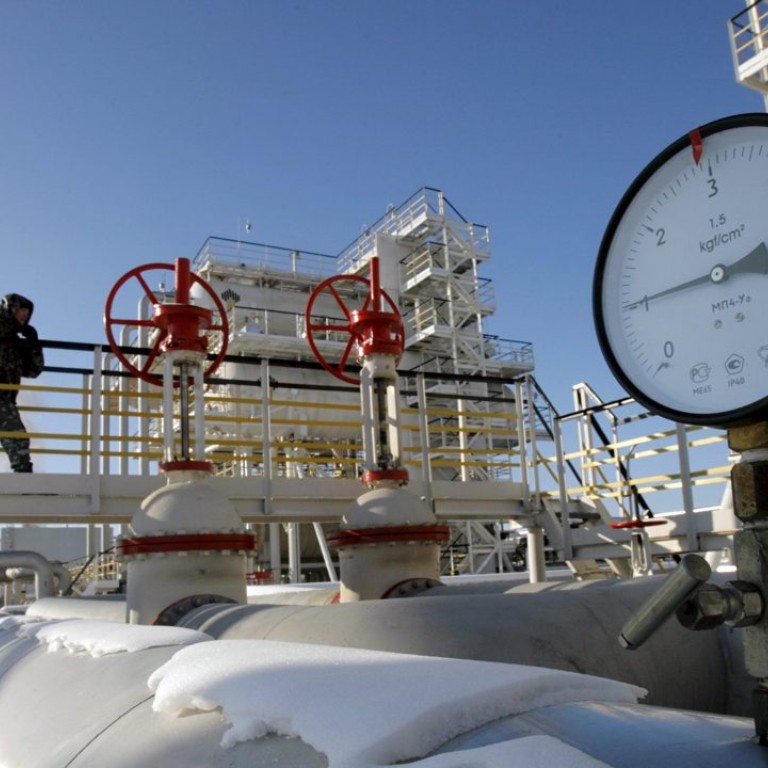
New | Russia seeking to bolster energy exports to China
Moscow is planning to expand energy exports to China in an effort to bolster economic and strategic ties, according to Russian deputy Prime Minister Arkady Dvorkovich.
The energy export plan comes at awkward time as China’s energy needs are cooling as its economy slows.
While predicting flat economic growth this year as a result of plunging oil prices and Western sanctions, Dvorkovich said Russia was looking to diversify its economy and diplomatic support.
Russia’s economy has been on a downward spiral since late 2014, when oil prices began to tumble.
Slumping energy prices along with Western sanctions induced by the Ukraine crisis have helped to bring Moscow closer to Beijing, the world’s largest energy consumer.
As China struggles with a slowing economy, Dvorkovich said his country had suffered “negative effects”.
But he said there was no truth to a recent Reuters report, citing sources close to Russian gas company Gazprom, that Moscow intends to scale down gas supplies to China through an expensive pipeline project due to waning demand.
“We don’t have any plans to reduce exports to China,” Dvorkovich said at a talk at the Asia Society in Hong Kong on Monday.
“We have plans to increase oil exports to China, we are working on it,” he said.
The pipelines, part of the Power of Siberia pipeline system, were considered a key part of Russian President Vladimir Putin’s pivot to the East and were expected to deliver 38 billion cubic meters of gas to China annually once they become operational later this decade.
Energy exports now contribute to about half of Russia’s budget revenues.
Dvorkovich said Russia was seeking to lessen its economic reliance on oil and gas by developing other sectors such as agriculture, processed foods and technology.
“It’s important to understand that psychologically we have already turned from oil to other things, we consider other things much more important,” he said.
“But we don’t want to kill the oil industry. It’s also important, we would like to keep our oil industry as one of the important sectors of the economy.”
International financial institutions and Russian authorities have predicted that the Russian economy will experience almost no growth this year.
Dvorkovich said that plunging oil prices had cost Russia 3 percentage points of economic growth since last year, while sanctions had cost the economy half a percentage point of growth.
“We are holding consultations with the Central Bank of Russia and Finance Ministry. The financial authorities and the Finance Ministry should be more conservative than other members of the cabinet, but we believe that we will be able to find a balance in the fiscal policy and possibilities to boost industries and agriculture and to ensure at least a zero economic growth in 2016 in the current conditions,” he said.
He added that Russia was in talks with Hong Kong on a free trade agreement.
